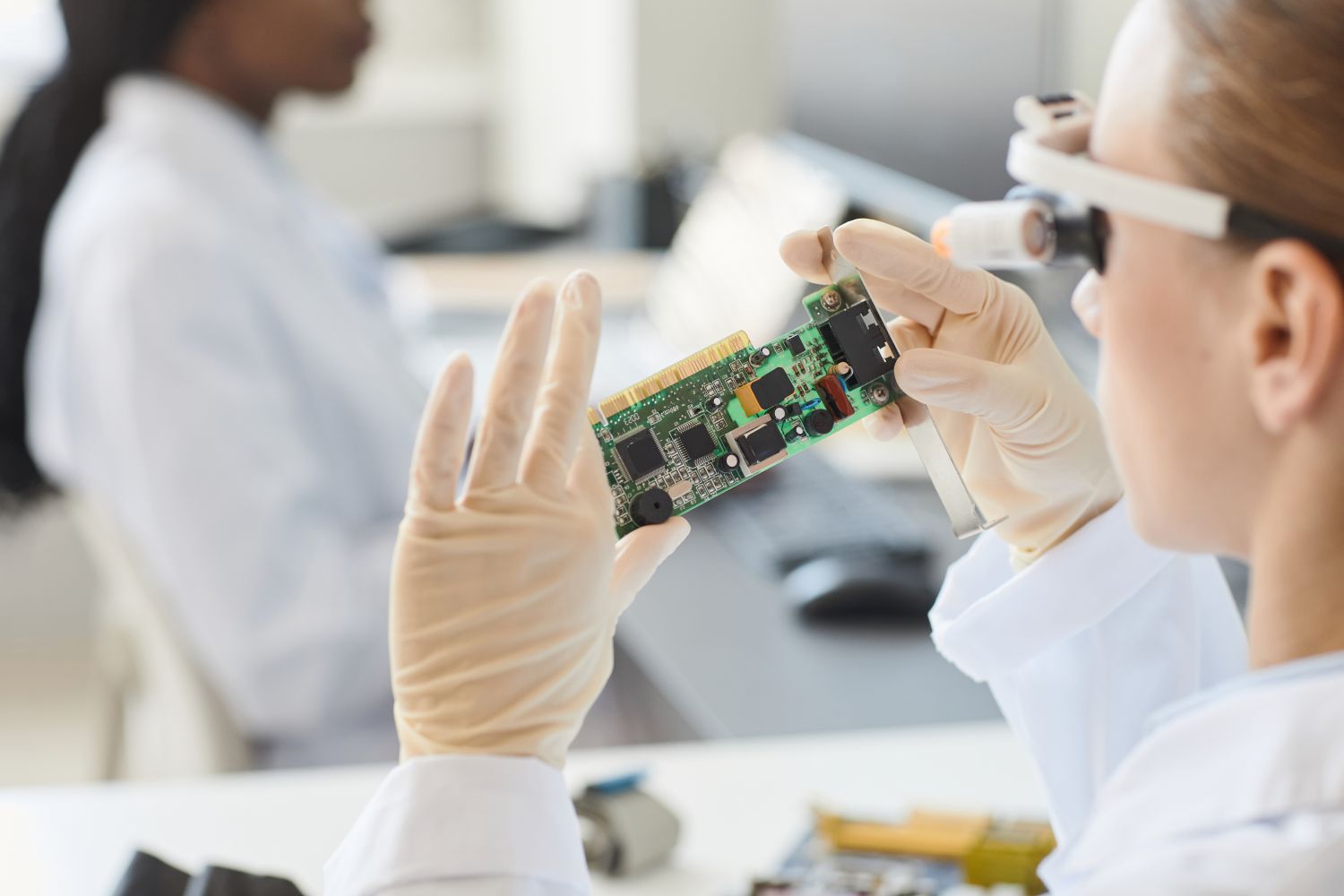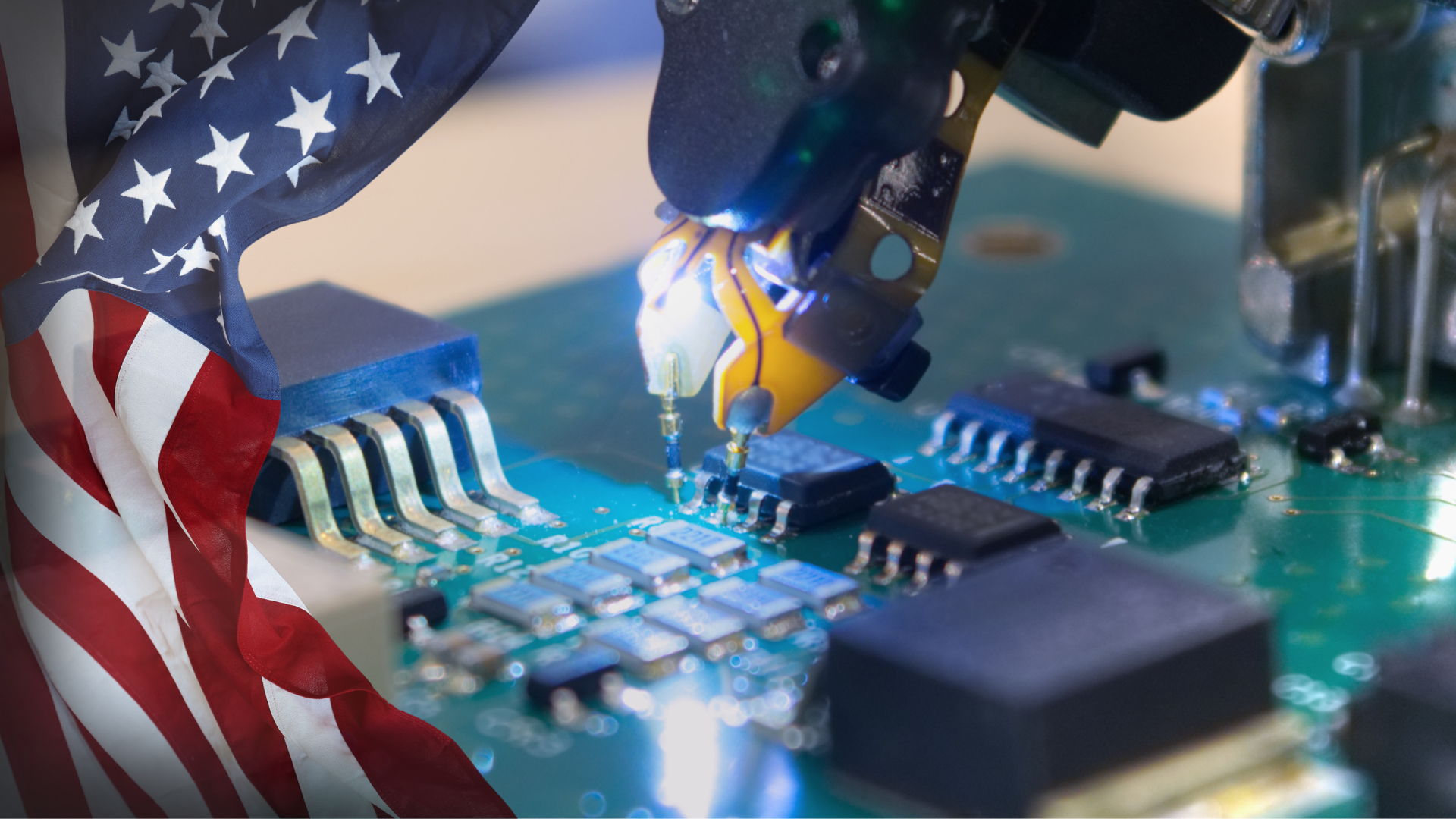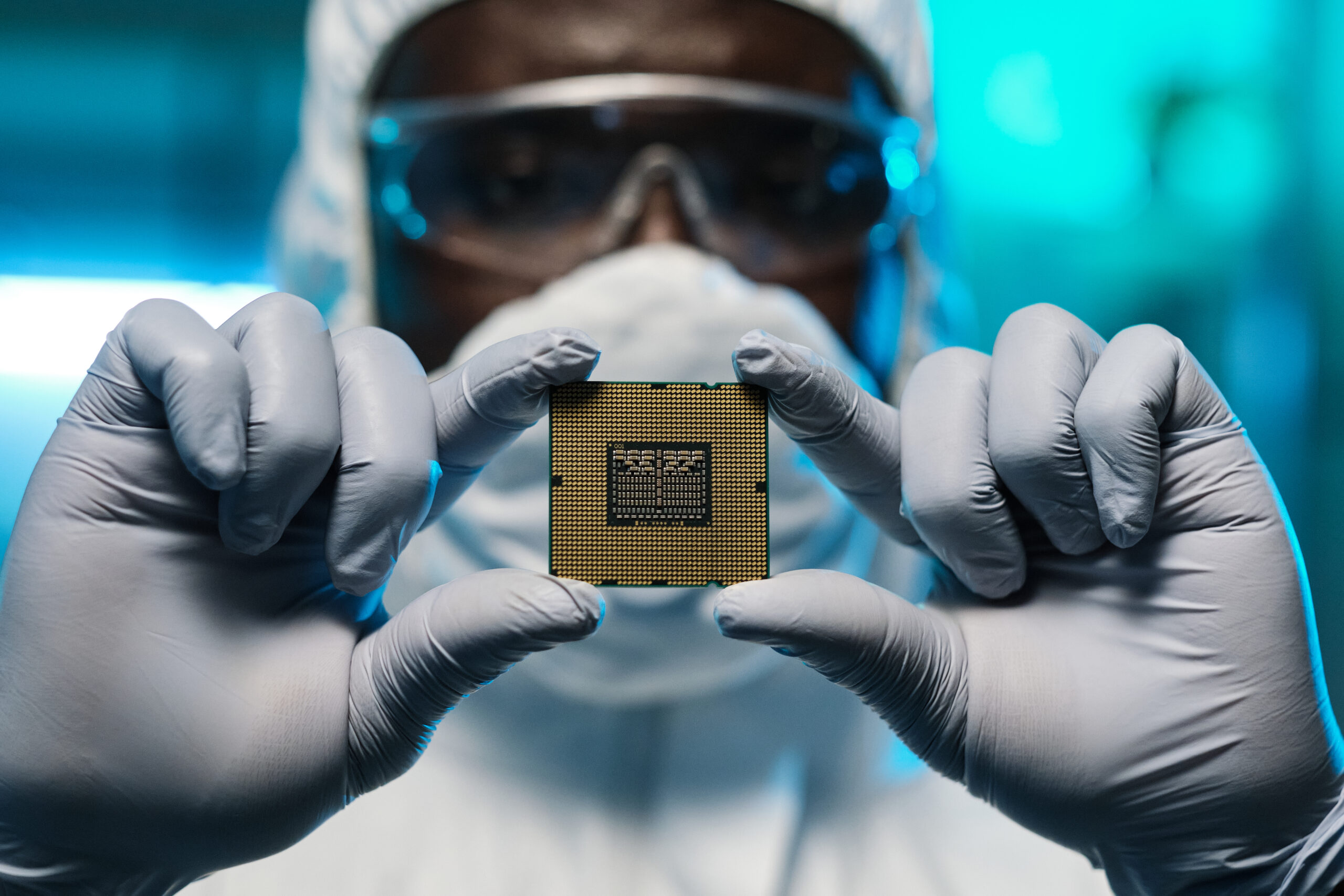On March 20, 2024, a pivotal agreement was reached between the Biden administration and Intel, marking a significant stride in bolstering America’s semiconductor industry. The memorandum signed between Intel and the U.S. Department of Commerce outlines up to $8.5 billion in direct funding for Intel’s commercial semiconductor projects under the CHIPs and Science Act.
Fulfilling a Critical Need
In today’s landscape, Intel stands out as the sole U.S. company to both design and manufacture state of the art logic chips. The burgeoning demand for semiconductor processing capabilities, particularly in light of the AI era, necessitates significant advancements in this sector. Moreover, amidst global tensions, enhancing domestic manufacturing capabilities becomes imperative for ensuring supply chain resilience and national security. Intel is not only depending on the Federal funds but they also committed to invest over $100 billion across its sites further underscores the magnitude of this initiative.
A Strategic Investment
To put the scale of this investment into perspective, consider Intel’s revenue in 2023, which amounted to $48.7 billion. With the combined support of federal funding and Intel’s commitment, the investment surpasses double its annual revenue. This infusion of capital not only fuels research and development but also generates job opportunities, driving economic growth and innovation.
We are at the cusp of a new era – the age of AI. As advancements in AI technology continue to accelerate, the need for more powerful chips becomes paramount. The collaboration between the Biden administration and Intel sets the stage for significant advancements in semiconductor technology, crucial for supporting the evolving landscape of AI-driven software applications.
Understanding the CHIPS and Science Act
Enacted into law by President Biden on August 9, 2022, the CHIPS and Science Act represents a monumental investment in bolstering U.S. research and development and manufacturing capabilities. With approximately $280 billion in new funding allocated, including $250 billion for semiconductor and scientific research and development (R&D), this initiative stands as the largest publicly funded R&D program in the nation’s history. At its core, the act aims to diminish U.S. reliance on overseas chip supply chains while fortifying the nation’s science and technology base.
As we embrace the transformative potential of AI, investments of this scale are pivotal in shaping the future of technology and driving sustainable economic growth.






